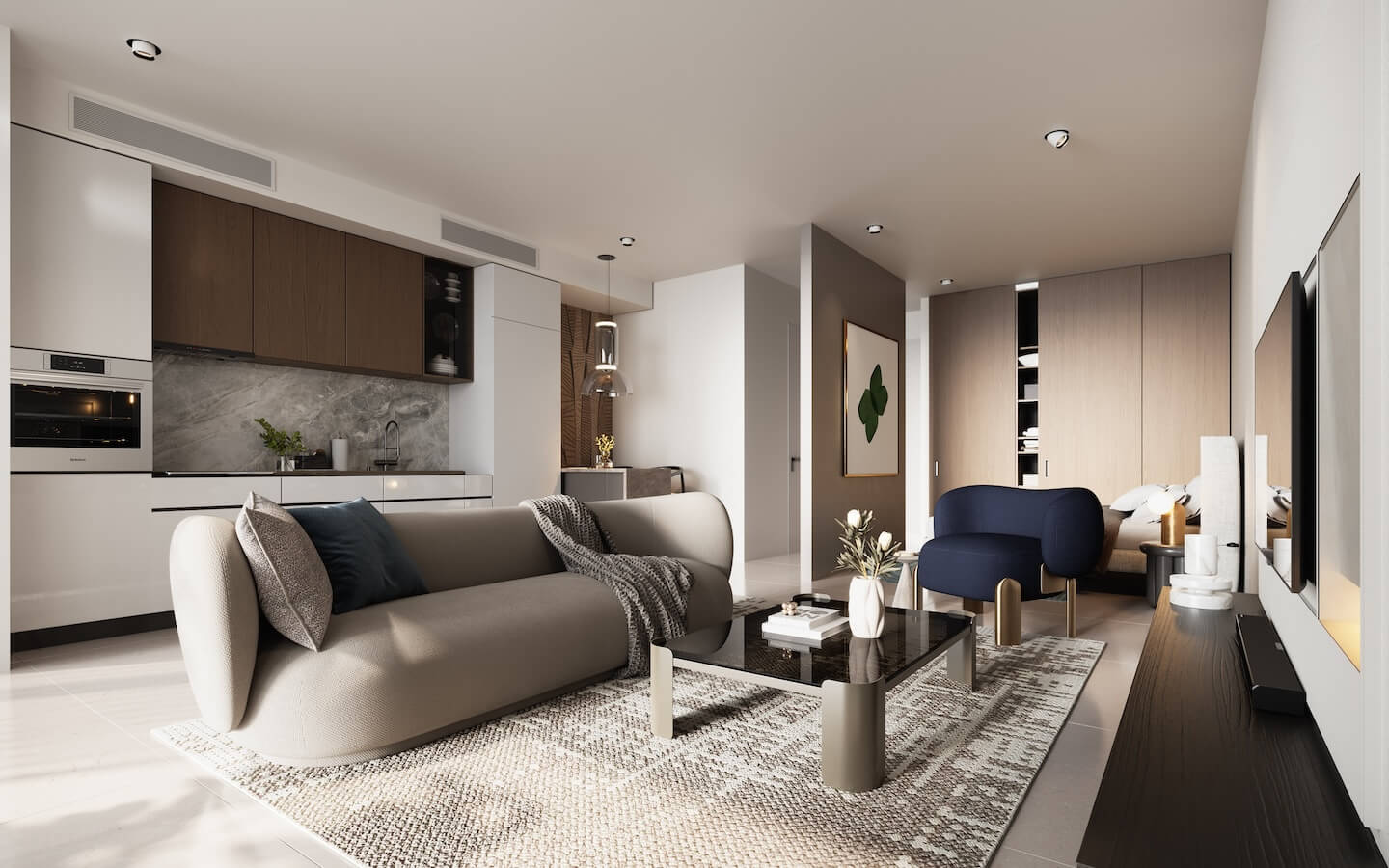
Building a home or commercial structure in Ghana represents not only an investment in personal or business growth but also an essential part of the country’s development. The construction industry contributes significantly to the economy, accounting for approximately 14% of Ghana’s GDP. However, understanding the costs associated with building in Ghana is essential for potential homeowners, investors, and stakeholders in the industry. This article will explore key factors affecting construction costs, the breakdown of expenses, and tips for effective budgeting.
1. Factors Influencing Building Costs in Ghana
Several factors affect the cost of building in Ghana, ranging from material prices and labor costs to location and government policies. Here’s an overview:
a) Material Costs
The price of construction materials is one of the most significant components of building expenses. Materials such as cement, steel, sand, and stones are essential, and their prices can vary based on market demand, import taxes, and global economic conditions. Cement, for example, has seen fluctuating prices due to supply chain disruptions and currency exchange rates.
b) Labor Costs
Skilled and unskilled labor is another critical expense in building projects. Labor costs in Ghana vary depending on the skill level of workers and the project location. Urban centers such as Accra and Kumasi generally have higher labor costs due to the higher cost of living and demand for construction services. Skilled professionals, including architects, engineers, and electricians, command higher wages, reflecting their expertise and the scope of the project.
c) Location
The location of the construction project plays a crucial role in the overall cost. Projects in urban areas tend to be more expensive due to the cost of land, the logistics of transporting materials, and regulatory fees. In contrast, rural areas may offer lower land prices but could face higher transportation costs for moving materials to less accessible locations.
d) Land Acquisition and Permits
Securing land and obtaining building permits are essential initial steps in the building process. The cost of land varies significantly, with prime areas in cities like Accra being exponentially more expensive than in smaller towns or rural areas. Additionally, permit fees and other regulatory costs are necessary to comply with local building codes and regulations.
e) Exchange Rate Fluctuations
Ghana’s economy relies heavily on imports for certain construction materials. The exchange rate between the Ghanaian cedi and major foreign currencies such as the U.S. dollar and the euro can impact building costs. When the cedi depreciates, the cost of imported materials rises, influencing the overall budget of construction projects.
2. Breakdown of Construction Costs
To build a house or commercial building in Ghana, it is essential to consider a comprehensive breakdown of expenses. Here is a typical cost distribution for a standard residential building:
a) Foundation and Structural Work (20-30% of Total Cost)
The foundation and main structure are vital as they determine the building’s strength and stability. This stage includes site preparation, excavation, and concrete work for the foundation, beams, and pillars.
b) Walls, Roofing, and Finishes (30-40% of Total Cost)
The construction of walls and installation of the roof form a significant part of the budget. This stage often requires bricks, blocks, roofing sheets, and carpentry. Once the shell is complete, interior and exterior finishing such as plastering, painting, tiling, and window installation come into play.
c) Plumbing and Electrical Installations (10-15% of Total Cost)
The cost of plumbing and electrical installations includes the expense of wiring, pipes, fittings, and labor. High-quality materials and skilled professionals are essential to ensure safety and efficiency.
d) Fixtures and Furnishings (10-20% of Total Cost)
Fixtures such as kitchen cabinets, bathroom fittings, and built-in wardrobes add to the total cost. Custom finishes or imported items may drive up this portion of the budget.
3. Average Cost per Square Meter
In Ghana, the average cost of building a standard residential house ranges from GHS 20,000 to GHS 50,000 per square meter. This estimate varies depending on the type of building, the quality of materials, and the finishing specifications. High-end residential buildings or commercial complexes can cost even more, depending on the luxury features involved.
4. Strategies for Cost Management
To manage construction costs effectively in Ghana, consider the following strategies:
a) Budget Planning
A detailed budget helps prevent cost overruns. Break down the construction project into phases and allocate funds for each step, ensuring room for contingency expenses.
b) Sourcing Materials Locally
Where possible, using locally sourced materials can reduce expenses associated with import duties and transportation. Ghana has a range of local materials, such as clay bricks and bamboo, that can be cost-effective and environmentally sustainable.
c) Negotiating with Contractors
Hiring a reputable contractor who offers a transparent pricing structure is crucial. Negotiating a fair price and clarifying expectations through detailed contracts can help avoid unexpected costs.
d) Phased Construction
If funding is a challenge, consider building in phases. This allows you to manage costs over time and accommodate price changes without significantly disrupting the project.
5. Challenges and Future Outlook
Despite opportunities for growth, the construction industry in Ghana faces challenges such as inflation, fluctuating fuel prices, and inadequate infrastructure in some regions. Addressing these issues requires government intervention, improved infrastructure, and policies that stabilize the economy. However, the future outlook is promising, with ongoing urbanization and a growing middle class driving the demand for residential and commercial spaces.
Conclusion
Building in Ghana involves significant investment, with various factors influencing costs. From land acquisition and material expenses to labor costs and regulatory fees, understanding these elements is key to successfully navigating the construction landscape. By planning strategically, sourcing materials wisely, and staying informed about economic trends, prospective builders can better manage their budgets and achieve successful project outcomes.










[…] real estate market in Ghana has been experiencing significant growth over the past decade, driven by rapid urbanization, a […]